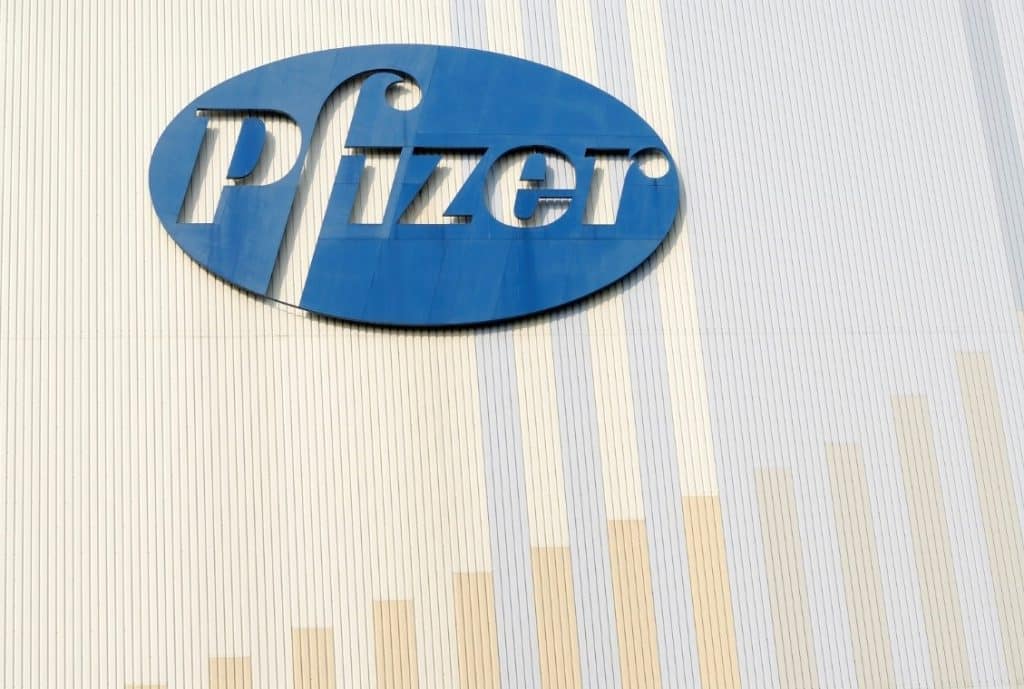
Pfizer vaccine: Study finds increased breakthrough rates of South African variant
pharmafile | April 19, 2021 | News story | Sales and Marketing | COVID-19, Pfizer, Vaccine, variant
A study published by Tel Aviv University has found an increased breakthrough rate of the South African variant of COVID-19 in people who have been vaccinated with the Pfizer vaccine, finding the jab to have a significantly reduced efficacy rate against the mutation.
The study was released on the medRxiv pre-print site on April 9, and compared almost 400 people who had tested positive for COVID-19, after having received one or two doses of the vaccine, against the same number of unvaccinated patients with the disease.
The South African variant, B.1.351, was found to make up around 1% of all the COVID-19 cases across all the people studied. However, among patients who had received two doses of the vaccine, the variant’s prevalence rate was eight times higher than those unvaccinated, 5.4% versus 0.7%.
This data suggests that the Pfizer vaccine is much less effective against the South African COVID-19 variant. Adi Stern of Tel Aviv University, said: “We found a disproportionately higher rate of the South African variant among people vaccinated with a second dose, compared to the unvaccinated group. This means that the South African variant is able, to some extent, to break through the vaccine’s protection.”
In an update to the study posted on April 16, the researchers noted that within the group of people who received two doses, which comprised eight people, all of the B.1.351 infections occurred within a week to 13 days after the second shot. None of them tested positive for it 14 days or more after the second dose.
The researchers also found a reduced effectiveness against variants of concern (VOC) under dosage and timing conditions, with vaccinees infected at least a week after the second dose disproportionally infected with B.1.351 (an odds ratio of 8:1). Those infected between two weeks after the first dose and one week after the second dose, were disproportionally infected by the Kent variant, B.1.1.7 (an odds ratio of 26:10).
Ran Balicer of Stern and Clalit spoke to Reuters, saying: “This may imply that there is a short window of susceptibility to B.1.351 infection limited to the immediate two weeks after the second dose – but we cannot be confident that this is indeed the case.”
It must be noted that the Tel Aviv study had a small sample size due to the lack of prevalence of the South African variant, which in itself is encouraging.
In their report the university researchers remained optimistic, in the summary of their study they stated: “The B.1.351 incidence in Israel to-date remains low and vaccine effectiveness remains high against B.1.1.7, among those fully vaccinated.
“These results overall suggest that vaccine breakthrough infection is more frequent with both VOCs, yet a combination of mass-vaccination with two doses coupled with non-pharmaceutical interventions control and contain their spread.”
Pfizer has yet to comment on the report, but have stated previously that that their vaccine was around 91% effective at preventing COVID-19, citing updated trial data that included participants inoculated for up to six months.
The company have also been investigating a third dose of their shot being used as a booster, and have suggested they could modify the shot to specifically address new variants if needed.
Kat Jenkins
Related Content

EC approves Pfizer’s Emblaveo for multidrug-resistant infection treatment
Pfizer has announced that the European Commission (EC) has granted marketing authorisation for Emblaveo (aztreonam-avibactam) …

Gilead’s Veklury recommended by NICE for COVID-19 treatment
Gilead Sciences has announced that the National Institute of Health and Care Excellence (NICE) has …

Pfizer’s Velsipity approved by EC for ulcerative colitis treatment
Pfizer has announced that the European Commission (EC) has granted marketing authorisation for Velsipity (etrasimod) …







